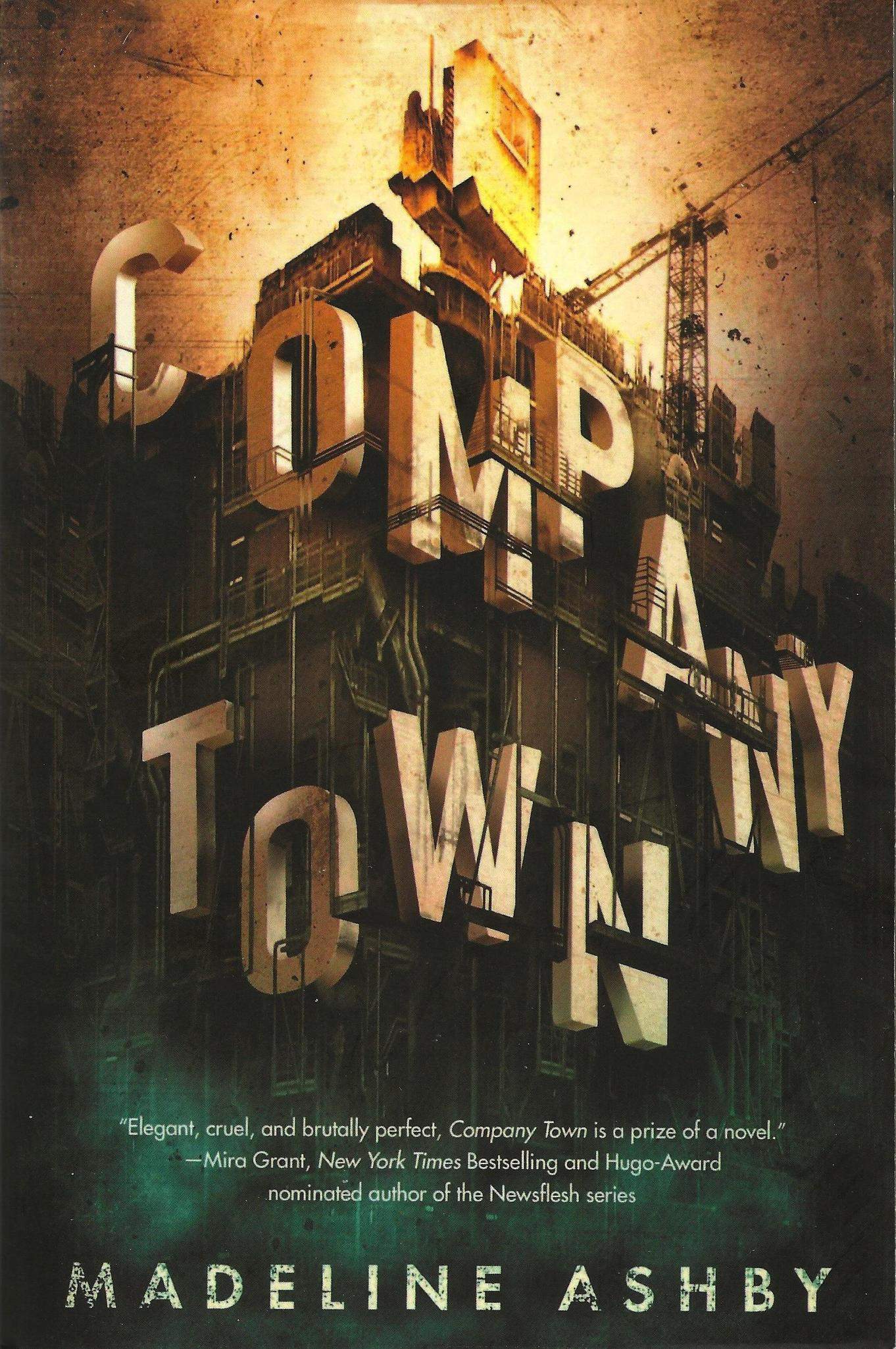The Empty Family, by Colm Tóibín 
For #ShortStoryMonth, I’m recapping some favorite story collections—and chief among the story writers I admire is Colm Tóibín. And his 2011 collection, The Empty Family is one I always keep close by, dipping into the pages to take in the voices of its starkly vivid narrators. Tóibín’s stories mine the loneliness of living outside one’s native country, and his characters confront the pull of home, and the tensions and irrevocable distance between blood ties. His prose, across all his work, is emotionally precise and full of startlingly vivid detail.
Tóibín, the author of numerous novels and nonfiction—The Blackwater Lightship (1999) and The Master (2004), winner of the IMPAC Dublin Literary Award, as well as the novel Brooklyn—resides in both Ireland and the U.S., and the sense of dislocation V.S. Naipaul described as being between two worlds is strong in these stories. As Jane Smiley, (A Thousand Acres) observed, “Tóibín’s tone is so quiet and interiorized that we even believe that the narrator is doing what he has been told to do as we are reading his story.”
That deliberateness, delivered in a plainspoken style Tóibín has described as akin to an instruction manual, makes for addictive stories that are always satisfying. Characters return to former places, or find themselves in unknown ones, and as a result the past and present are thrown into stark relief.
In the story, “Two Women,” a successful set dresser, Frances Rossiter, returns to Dublin for a film project, and unexpectedly encounters Rachael Swift, the young widow of Luke Freaney, a charismatic actor with whom Frances had a twelve year affair. Now in her late seventies, Frances is successful but alone, an Irishwoman who lives in Los Angeles but is facing how, upon her death, her body can be returned to Ireland. Typical of Tóibín’s turns of story, the encounter with Rachael is brief, so brief you could miss the monumental understanding it brings for Frances: “The years had passed; it was as simple as that. Luke had been loved and cared for; this woman would have watched over him as he was dying like no one else.”
The instruction manual approach to detail is one I happen to be extremely fond of. In Toibin’s prose style, detail accumulates in a way that barely registers with the reader —an effect, I suspect, of the careful ordering and syntax. Objects rarely precede subjects, figurative language is kept at a minimum, and emotion remains at a distance. As here, when a young man, Paul, return from Dublin to manage the affairs of the aunt who raised him when she’s hospitalized after a fall: “It was a crisp winter day, and he was surprised, as he always was when he visited Enniscorthy, by the volume of traffic and the new roundabouts and the tiny scale of things that, when he was growing up, had seemed to him like monuments.” There’s nothing earth-shattering there, but to paraphrase Naipaul, half a writer’s work is stating what a reader knows but has never found a way to express.
Small, crystallizing moments are what the short story does best. The quiet fractures that define a story like “Two Women,” are similarly stealth in “The New Spain.” A young woman, Carme, returns to the family home in Balearic Islands after years of self-exile in London. Carme unexpectedly finds herself in control of her grandmother’s estate, which happens includes the finances of her estranged parents. Tóibín unpacks a shadow story in the changing landscape of the island, with its crowds and beachfront development, but it’s the shift of family power that most reverberates. The family strain culminates in a falling out that launches an unexpected revision of Carme’s life, as profound for her as it is for the reader:
The first thing she would do, she thought, was find a contractor to knock down the new wall that cut her grandmother’s house off from easy access to this beach. She would consult no one about that. She would begin the search in the morning when she had paid the antiques dealer for her grandmother’s furniture. In the meantime, she would read in in the newspaper about England, where she had been for eight years, and then she would have a good night’s sleep, alone, in peace. As she raised the glass of cold beer to her lips, she felt a contentment that she had never expected to fell, an ease she had not believed would ever come her way.”
-Lauren Alwan

